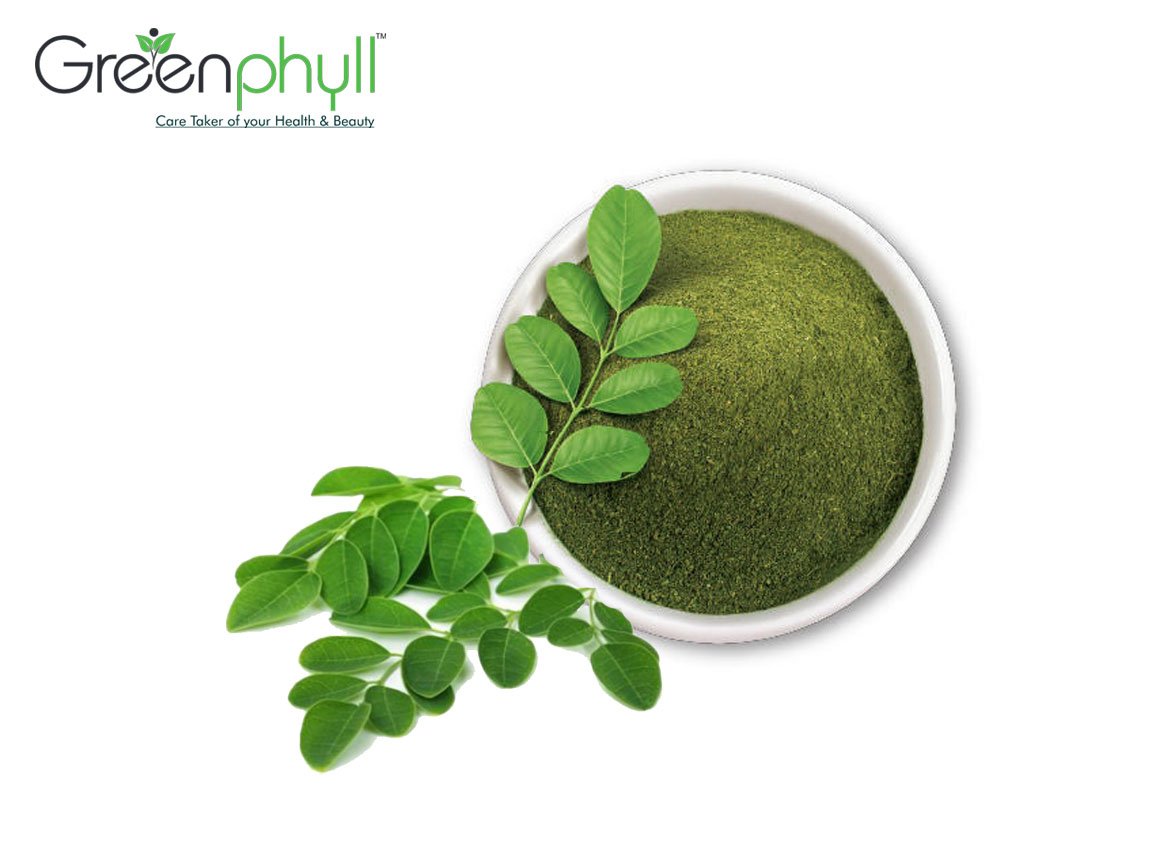- You have no items in your shopping cart
- Subtotal: ₹0.00
 Uses of Moringa
Uses of Moringa
 The Benefits of Moringa
The Benefits of Moringa
What’s more, findings from animal-based research, laboratory experiments, and small clinical studies indicate that moringa shows promise in the treatment of several health conditions. More research is needed to confirm these findings, but there’s some preliminary evidence that moringa may protect against the following health problems :
Diabetes
Moringa pod extract may help fight diabetes, according to a study published in the Journal of Diabetes in 2012. In tests on diabetic rats, scientists observed that progression of the disease was significantly reduced after treatment with Moringa.
Cardiovascular Disease
Extracts of the Moringa leaf may help treat Dyslipidemia, a condition marked by elevated levels of cholesterol, triglycerides (a type of blood fat), or both. That’s the finding of a research review published in Frontiers in Pharmacology in 2012, which focused on current scientific data on the health effects of Moringa leaf extract. The review also found some preliminary evidence that Moringa leaf extract may help control diabetes.
Asthma
For a study published in the Indian Journal of Pharmacology in 2008, 20 patients with mild-to-moderate asthma were given finely powdered seed kernels of moringa for three weeks. By the study’s end, participants showed significant improvement in their symptoms and in the severity of asthma attacks.
 Side Effects and Safety Concerns
Side Effects and Safety Concerns
 Should You Use Moringa to Enhance Your Health?
Should You Use Moringa to Enhance Your Health?


